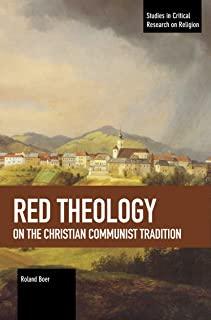
Through each account, Belloc demonstrates that the motives of the Protestant leaders were rarely religious in nature, but usually political or economic. He reminds the reader that European Christendom was once a single united entity, under the authority of the Catholic Church, each country viewing itself as a single "province" of the whole. However, many of Europe's Princes resented the power that the Bishop of Rome held in their own lands.
The Reformation, aided by the rise of Nationalism, was a means for the nobles of Europe to shake off Papal authority and rule their territory independently. It also gave European monarchs control over the Church and all of its property in their realm, including the taxes that would normally be sent to Rome.
Therefore, the nobles grew rich by confiscating the wealth of the Church, and resisted any form of reconciliation if that meant returning the wealth to its rightful owner. In subsequent generations, the fear of this possibility gave the noble classes an incentive to remain in the Protestant camp.
What's more, the political leaders of the "Counter Reformation" were not as effective as they ought to have been, often allowing their own dynastic or nationalistic agendas to take precedence over the restoration of religious unity in Europe.
As usual, Belloc's historical perspective offers the sort of timeless wisdom rarely duplicated in modern times.







